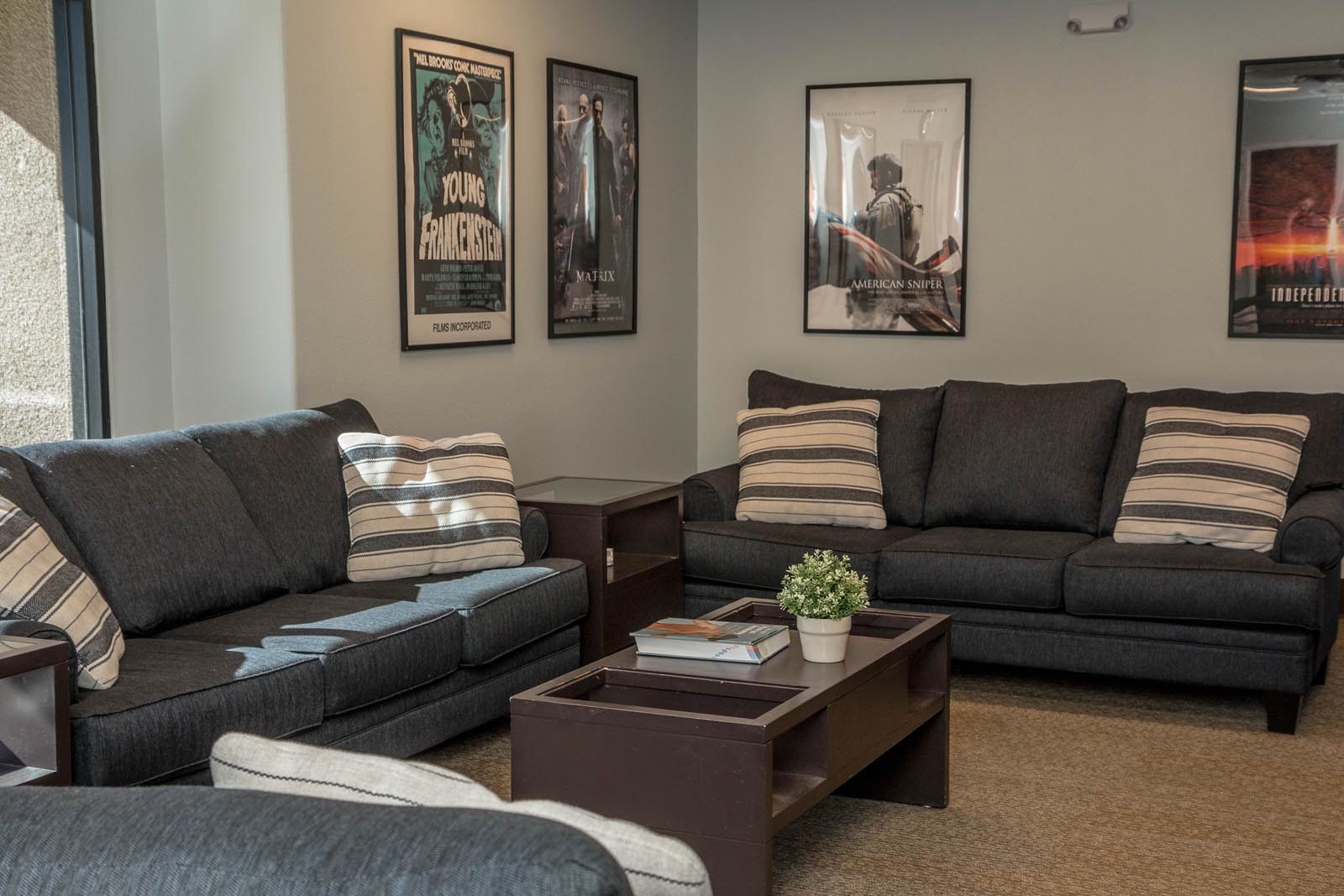Intensive outpatient programs (IOPs), including residential programs, can be a great choice for people who want to recover from addiction. Both intensive outpatient and residential programs provide patients with the tools they need to live sober lives. The key difference between these two types of treatment is that IOPs do not require patients to move into a facility after detoxification. Instead, they participate in group therapy sessions and individual counseling at an outpatient location each week.
Main Differences Between Residential and Intensive Outpatient Programs
There are several differences between residential treatment and IOP. Here are some of the most significant differences:
Unique Populations Served
One of the main differences between residential treatment vs. IOP is that they serve different populations. Residential treatment programs are typically for people who need more intensive care than what is offered in IOP. The latter serves people who have been recently treated for substance use or have a history of co-occurring disorders but need more support than the average outpatient program.
Living Arrangements
Residential treatment facilities house clients for an extended period of time in a facility, providing them with drug counseling, group therapy, and other forms of support. The environment is more controlled than IOP. IOPs are typically recommended for people with co-occurring disorders who have been recently treated for substance use. In IOPs, clients attend therapy daily or multiple times throughout the week.
Because the IOP is less intense and doesn’t require participants to live at the facility full-time as residential treatment does, it allows those who participate in an IOP to continue their work and school obligations while they participate in the program. This is a benefit that can make all the difference when choosing a best-fit treatment program.
Staff Involvement
Oftentimes, residential treatment offers more freedom for patients to come and go as they please, with the assistance and supervision of staff when necessary. Residential treatment centers may provide these services because they are able to offer a higher level of care than outpatient programs. Additionally, residential treatment is often required to treat severe types of mental health issues, providing more intensive monitoring by professionals.
IOPs can be offered at a treatment center or other locations. Still, IOPs are usually less expensive than residential programs since they don’t require patients to stay overnight at an external facility every day. In addition, this also allows greater flexibility for patients in scheduling their appointments with therapists. They can choose times that work best for their busy lives outside of therapy sessions rather than having everything dictated by hours set by staff members on duty at all times during waking hours each day.
IOP may focus more specifically on addressing specific needs related back to everyday life situations outside of the treatment facility. For example, IOPs allow clients to attend school regularly and maintain relationships with friends/family members. They tend not only to help diagnose underlying problems but also to give patients the tools they need to maintain progress once discharged into real-world settings after treatment has concluded. Residential centers might offer similar services, but not necessarily tailored specifically towards these goals.
Services Offered by Residential and Intensive Outpatient Programs
The nice thing about trying to decide what type of treatment plan a patient wants to go with is that both residential treatment and IOP offer many of the same services. In both types of programs, patients will receive many different types of therapy based on what their treatment plan includes. They may include things like:
And more…
Whether patients chose a residential treatment program or an IOP, they will be able to receive any and all the services they need to establish sobriety.
Residential and Intensive Outpatient Programs at Buena Vista
Here at Buena Vista, we offer both residential and intensive outpatient treatment options. It can be difficult to know exactly what is best for oneself or a loved one. In some cases, those seeking treatment might feel intimidated by the idea of a residential treatment center. The thought of moving into a place like that can sometimes be too much for someone struggling with addiction. But at the same time, others might feel like IOP might not be enough supervision and allow too much freedom to those who are trying to overcome their addiction.
All of this information can be so overwhelming, and making the right choice for family members can be stressful. Fortunately, we are here to help. We take the time to counsel each person seeking services as well as their loved ones to help them decide which is the best course of action and which program might help them overcome their addiction. We will help them figure out if their insurance covers the services we offer or if paying out of pocket might be a better option.
We take the time to create a specific treatment plan for each individual who comes to our facility for treatment. It is important to have an individualized game plan to help a loved one achieve long-term sobriety. Either one of these treatment options is effective and can help patients overcome their addiction once and for all. We take pride in the success of our clients.
The best treatment option is the one that works best for your loved one and their specific needs. If you’re looking for outpatient care, intensive outpatient programs are an excellent choice. These programs can be more affordable than residential treatment while still providing many of the same benefits. If you want something more intensive than what an intensive outpatient program offers, like therapy sessions every day instead of every week, residential treatment may be right for you.
If you or someone you love is struggling with an addiction, please give us a call. We will talk with you and help you choose the best treatment program for your needs. You can contact us at (800) 922-0095, or visit any of our Arizona drug and alcohol treatment centers to start your recovery journey today.
CHANDLER
3033 South Arizona Avenue
Chandler, Arizona 85248
TUCSON
5151 East Pima Road
Tucson, Arizona 85712
SCOTTSDALE
8171 E Indian Bend Rd
Scottsdale, AZ 85250





